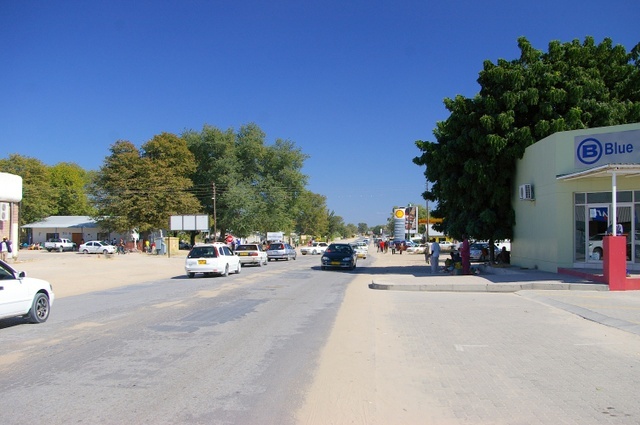Lahja Nashuuta
Newly elected member of the National Council, Kennedy Simasiku, has called on the government to urgently deliver development and basic services to the people of Katima Mulilo, particularly the residents of Chotto, Makaravan West and Nova.
In his maiden speech, Simasiku advocated for the provision of essential services such as water, sanitation and electricity.
“The residents of Chotto, Makaravan West and Nova, for example, are forced to use the bushes when nature calls. They have limited access to electricity in their homes, yet this is where the majority of primary school learners live. They fetch water from communal taps, sometimes even at midnight,” he said.
He emphasised that this situation is not unique to Katima Mulilo, but reflects the harsh reality faced by residents of informal settlements across the country.
“These residents of Katima Urban’s informal settlements have sent me to ask: of the N$500 million allocated for the formalisation of settlements, how much is earmarked for Katima Mulilo? When will these funds be disbursed? And more importantly, what is the timeline for project implementation?” he asked.
Simasiku urged the National Council and its relevant sub-committees to monitor and ensure the swift execution of these critical development projects.
Redistribution of natural resources
Turning to the issue of natural resource management, Simasiku stressed the need for deliberate policy reforms to ensure that revenue generated from Namibia’s natural resources such as diamonds, gold, uranium and marine resources is channelled directly into regional development through local councils.
“There are suggestions from Katima Urban residents that Honourable members of this August House consider amending relevant legislation to allow for fishing quotas and mining concessions to be allocated directly to regional councils. This would ensure that funds go toward essential services like water and sanitation, which our people desperately need,” he said. “It must be done; in fact, it ought to be done because these natural resources belong to all Namibians, not just a few privileged capitalists,” Simasiku added.
He further called for a similar arrangement for conservancies, criticising the current system as anti-community and disempowering.
“Communities who take the initiative to protect wildlife receive a pittance, while middlemen who secure hunting concessions become the main beneficiaries. It’s a well-crafted scheme where conservancies are paid small change, while animals like elephants are sold to trophy hunters for millions. In the end, communities are left with just enough for a borehole or a few chairs for meetings,” he said.
“This cannot be allowed to continue. I, therefore, hope we consider amending the enabling legislation to ensure a greater share of the benefits goes directly toward community empowerment and development,” Simasiku concluded.



